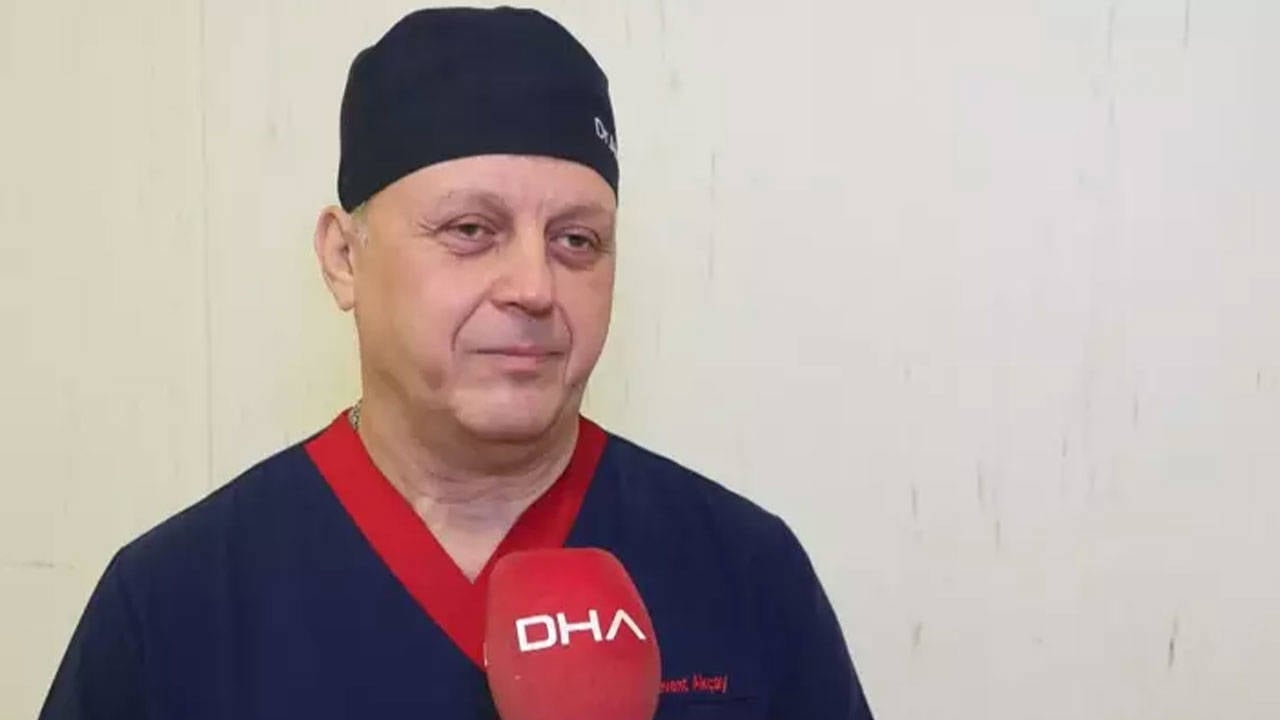His heart stopped 3 times! A 74-year-old patient underwent a literary surgery
Muhammed Muhammed, who came to Izmir with his family from Syria 12 years ago due to the civil war, fell ill at home three times in the last six months.
Taken to the hospital by his relatives, Muhammed's heart stopped beating every time, but was restarted with an intervention.
Dr. Haydar Yaşa, Head of the Department of Cardiovascular Surgery, examined Muhammed, who applied to the Health Sciences University (SBU) Tepecik Training and Research Hospital, and determined that the patient had stenosis in the aortic valve and aortic root, and blockage in the two main coronary arteries.
The patient regained his health after a 10-hour surgery that was risky due to his advanced age.
"I FELT LIKE I WAS DYING AT THOSE MOMENTS"Patient Muhammed Muhammed said that he had many other illnesses besides heart disease, when he came to the hospital for post-operative check-ups.
Muhammed, who stated that he previously had difficulty walking and got tired easily due to his heart condition, noted that he started breathing and walking comfortably after the surgery.
Muhammed, explaining that his heart stopped beating three times, said, "My heart stopped beating while I was walking. I died three times. I had surgery. I feel better."
Prof. Dr. Haydar Yaşa stated that the patient's main valve, which should be 3-4 centimeters, narrowed to 0.7 centimeters and both main arteries were completely blocked.
Emphasizing that the surgery was very risky due to the patient's age, Yaşa said, "We also widened the aortic root. It was so narrow that a finger couldn't fit through. The diameter, which should have been 3-4 centimeters, had narrowed considerably. We also placed an additional valve."
Prof. Dr. Yaşa stated that the patient was discharged after two weeks in the intensive care unit and has resumed his life, adding, "Even a scratch on a 74-year-old patient can be life-threatening. During the surgery, we not only replaced the aortic valve, but also performed aortic root dilation surgery because the valve was so tight and narrow, and also performed a two-vessel bypass. This is a case in the literature. It's a surgery that could make a splash worldwide. The outcome is exceptionally good. You operate on these patients, but unfortunately, it's very difficult to achieve satisfactory results. This was achieved in our patient."
Habertürk





